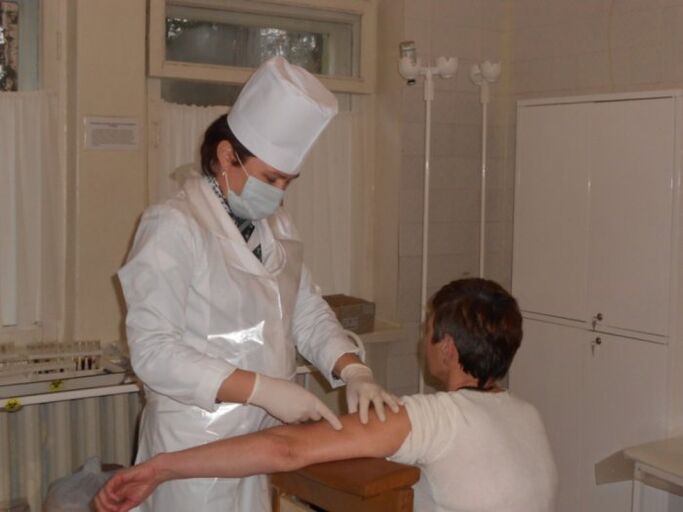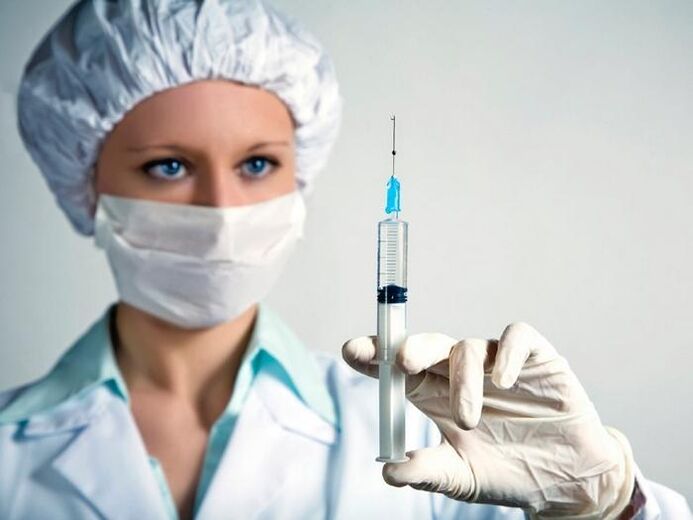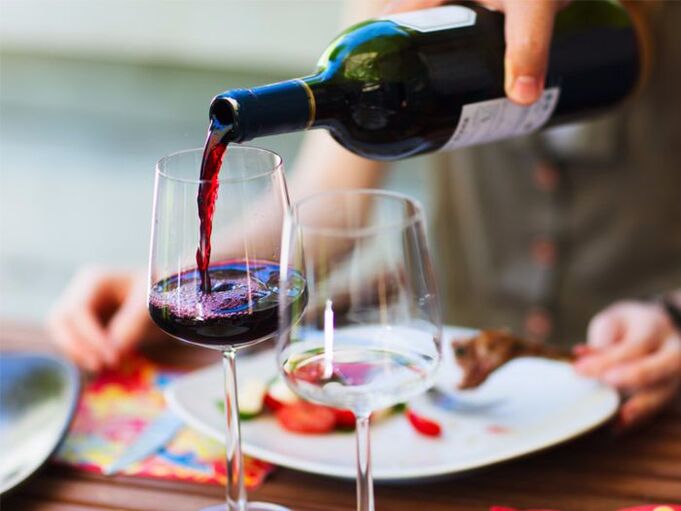The Ministry of Health allows mass vaccination for the entire population to prevent diseases. At the same time, if before the vaccination cycle and their medical scope were three to five names, nowadays, people are vaccinated against other diseases such as flu, papilloma virus, etc. Of course, in this case. , not only children but also adults. vaccinated. This raises the question of whether you can drink after vaccination and if banned, why.
Important: every adult should understand that alcohol and vaccinations are completely incompatible concepts. The interaction of the drugs used and the ethanol molecules can lead to the most unexpected results, possibly even death.
Vaccination: definition

Vaccination (vaccination) is the process of injecting small doses of the causative agent of a particular disease into the human body. In such a dose, the vaccine is not capable of causing disease in its fully expressed form, but it very actively promotes immunity, forcing it to fight the introduced pathogens. As a result, the body's immune cells memorize a potentially harmful and potentially harmful substance, producing antibodies in the non-antibody for a lifetime or for a certain period of time.
Important: the most important condition for vaccination is the absolute state of health of the patient. Only in this case will the human body respond to the vaccination correctly (which is predictable from a medical point of view). If a person's immunity is weakened due to illness or other external factors, the immune system will be weakened and the pathogens introduced will lead to the triggering of the disease for which the patient has been vaccinated. strains.
That is why for those who want to know if it is possible to drink alcohol after vaccination, there is a clear answer - No! Alcohol (beer, vodka and many other drinks) is a poison and weakens the body.
Modern vaccinations: types and purposes of vaccination

To date, there is a list of vaccines used for compulsory or voluntary vaccination. So the following are distinguished:
- Chickenpox (chickenpox). As noted, this is a disease that is easier to catch and tolerable for children of preschool / primary school age. With the transfer of this disease, lifelong immunity is developed. However, if a person did not have chickenpox in childhood, then in adulthood, the disease will cause severe toxicity to the body, affecting the central nervous system. That's why an adult who hasn't had smallpox should definitely get vaccinated. Especially women.
- Rubella, measles and mumps. This vaccine is given to preschool children and school children in one shot. However, if adults were not vaccinated as children and do not have such diseases, it is advisable to get vaccinated at an older age.
- Whooping cough, tetanus and diphtheria. This vaccination is given every ten years in a person's life.
- Vaccination against all forms of hepatitis. Furthermore, each patient can voluntarily choose which vaccine and type (form) of hepatitis he or she wishes to receive. Therefore, the hepatitis B vaccine is indicated for those who have unprotected sex and are exposed (treatment) with the injection. All healthcare workers, drug addicts, and people with liver disease should get the hepatitis A vaccine (recommended).
- Papillomavirus (HPV). This vaccine is indicated for all women 11 to 26 years of age. In this case, the vaccination is carried out three times.
- Flu shot. This vaccine is available to both adults and children. Such vaccination is relevant during periods of seasonal flu outbreaks. It is better to give such vaccinations to people who are often in crowded (crowded) places with high traffic. It is worth knowing that after a flu shot, as well as after other vaccinations, drinking alcohol is strictly prohibited.
- Vaccinate against encephalitis. Protect adults from the terrible neurological disease that ticks carry.
- Rabies vaccine. It is the only vaccine given after an incident that may pose a threat to humans. That is, after an animal attacks a person. In this case, it is absolutely impossible to drink alcohol after vaccination, because microscopic doses of a deadly virus are injected into the human body for 90 days. It is for this period that it is necessary to completely give up alcohol.
Avoid drinking alcohol after vaccination

Doctors do not recommend drinking alcohol after vaccination. This strict recommendation is because the ethanol molecules have a serious, if not massive, effect on the human immune system. Therefore, if a patient is interested in the question of whether to drink alcohol after vaccination, the answer will be unequivocal - no! That being said, most patients are probably wondering how much they shouldn't drink after a medical procedure. Here, doctors recommend limiting alcohol intake for three days after vaccination. Ideally, only abstain for a maximum of 10 days. An exception is the rabies vaccination. Here, the vaccination period lasts three months, and the period of strict and unconditional abstinence should be 9 months. Three of them are allocated for vaccination, and for the remaining six months, the immune system fights against rabies pathogens is introduced. Alcohol in this case can cause negative effects, up to and including death.
Possible complications of vaccination with alcohol

It is important to know that each vaccine has a specific effect on the human body. Therefore, it is forbidden to drink alcohol after vaccination, so as not to erase the existing manifestations of negative reactions. Therefore, some cases after vaccination should pay attention to the following symptoms:
- After receiving the hepatitis B vaccine, the joints may become sore, the gag reflex, or may be allergic.
- When vaccinated against rabies, patients may experience itching, headaches, and skin rashes.
- Be aware that the tetanus vaccine strongly suppresses the immune system, so ending with alcohol is highly discouraged.
Important: remember that by ignoring the recommendations of medical staff and drinking alcohol after vaccination, you can significantly mask any negative manifestations of the body towards the vaccine itself. Therefore, if any complications arise, the patient loses time while the doctors are trying to find out the real cause of the symptoms.
It should be remembered that drinking alcoholic beverages in the context of vaccination can lead to the development of such pathologies:
- Disorders and disorders of the work of the gastrointestinal tract (constipation, diarrhea, digestive disorders);
- Escherichia coli;
- Allergic reaction;
- Increased body temperature and chills;
- Lung and respiratory diseases;
- Nausea and vomiting;
- Decreased activity, general weakness;
- Headache and joint pain;
- Exacerbation of any chronic illness;
- Quincke had edema and anaphylaxis.
Remember: take care and respect yourself and your health. Now you know why you shouldn't drink or even drink a little after a shot.

































